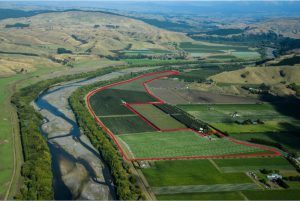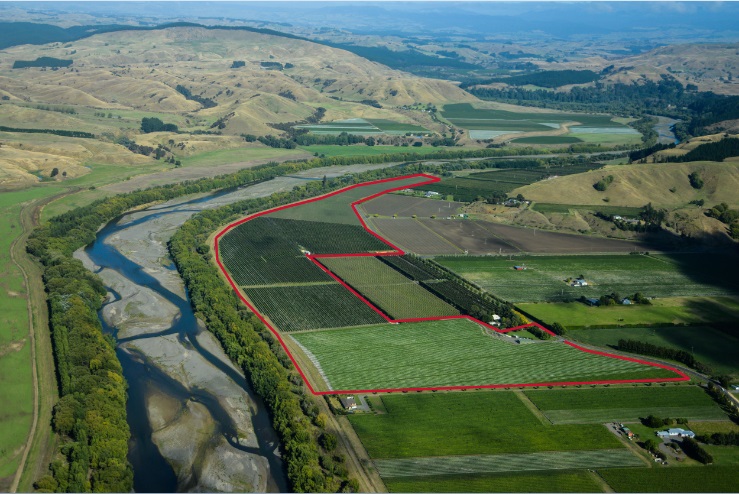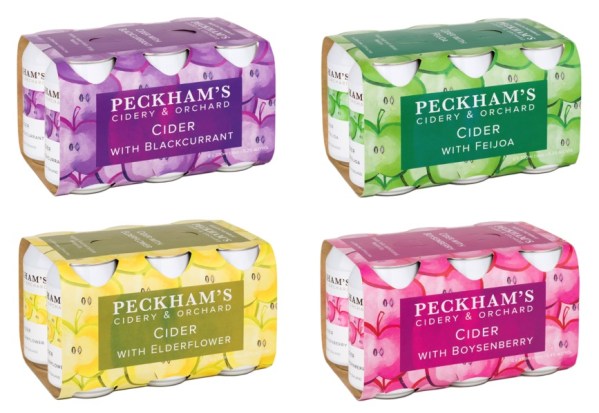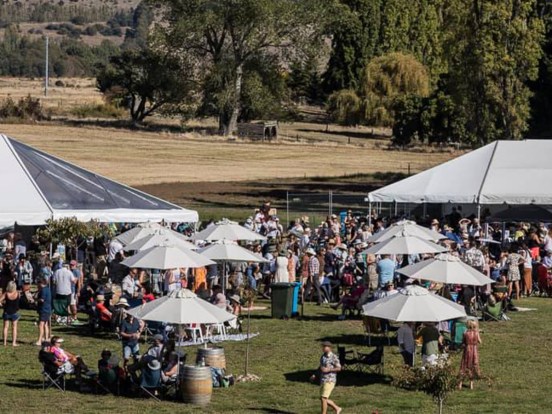 Hawke’s Bay’s Dartmoor Vineyard and Matheson Vineyard, owned by Treasury Wine Estates, have come up for sale.
Hawke’s Bay’s Dartmoor Vineyard and Matheson Vineyard, owned by Treasury Wine Estates, have come up for sale.
Matheson Vineyard, around 14 kilometres from Havelock North, is a 41.026 hectare property – of which some 36 hectares is planted with multiple grape varieties, including:
- 15.17 hectares of Merlot
- 2.86 hectares of Malbec
- 3.6 hectares of Syrah
- 3.07 hectares of Cabernet Sauvignon
- 5.2 hectares of Sauvignon Blanc
- 6.16 hectares of Chardonnay.
Total tonnage from near triangular shaped Matheson Vineyard has more than tripled over the past four vintages – from 110 tonnes in the 2013 harvest to 340 tonnes in the 2016 crop.
Matheson’s first vines were the Cabernet Sauvignon and Malbec strains planted in 1996 and 1997 respectively. The bulk of the remaining vines were planted between 2000 and 2003. The vineyard sits at the junction of State highway 50 and Maraekakaho Road.
Meanwhile, Dartmoor Vineyard on the outskirts of Napier is a 33.18 hectare viticulture parcel, of which 28.65 hectares is planted in sauvignon blanc grapes. The block sits directly alongside the banks of the Tukaekuri River.
The first Sauvignon Blanc vines were planted at Dartmoor in 2001 and steadily added to over the following four years. Some six hectares of sauvignon blanc vines were planted at the end of last year after the former chardonnay stock was removed.
Like sister property Matheson Vineyard, Dartmoor Vineyard’s output has risen dramatically over the past four years – from 146 tonnes in the 2013 year to 373 tonnes in the 2016 vintage. The Puketapu property was first established in the mid-1980s – as Matua’s international prominence as New Zealand’s first sauvignon blanc producer was rapidly rising.
Now the two vineyards are being jointly marketed for sale by tender through Bayleys Auckland and Bayleys Napier, with tenders for each property closing on April 20. Bayleys Napier viticulture specialist Glynn Rees-Jones said the two Matua locations could be tendered for either individually or as a joint purchase.
He said both vineyards were being sold without ongoing supply contracts and could likely face vastly different futures.
“Dartmoor Valley is renown among viticulturalists for being virtually frost-free – meaning the land is prime for replanting into pip fruit production or other crop land usage,” Mr Rees-Jones said.
Pic: Dartmoor Vineyard





